Internet
The Fifth UN Conference on the Least Developed Countries (LDC5) in Doha, Qatar, turned its attention Monday to one of the most nettlesome global challenges: closing the staggeringly wide digital divide between nations.
A series of roundtable discussions saw global leaders confront two of the most fundamental hurdles facing LDCs: how to use better science, technology, and innovation (STI) and how to promote structural transformations that can help overcome the real impediments faced by those on the margins of society. STI is critical in LDCs’ efforts to drive poverty eradication, transition to sustainable development, and become globally competitive.
However, due to structural constraints, these vulnerable countries often need help to reap technological development's full economic and social benefits. According to many speakers, the key is finding ways to connect those left behind, sustainably address the divide, and foster conditions for more inclusive digital access.Information and Communication Technologies (ICTs) and Internet access are key building blocks of the digital economy and have been recognized as important drivers for achieving Sustainable Development Goals (SDGs).
Connectivity has the potential to sustain families, communities, and businesses through online work, e-learning, e-commerce, online health services, etc. But this connectivity can only be fully exploited with the right skills, tools, and enabling environments.
According to Zambia's Technology and Science minister Felix Mutati, despite the digital wave around the globe, millions of people in LDCs are still unable to enjoy the inherent benefits of these technologies. This, many stakeholders at the summit agreed has to change.




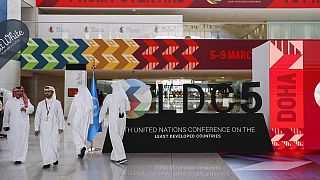
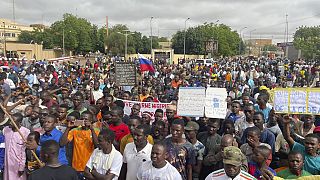
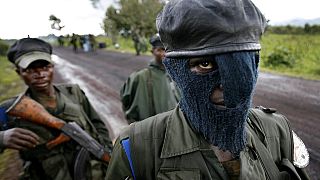
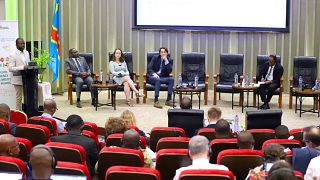

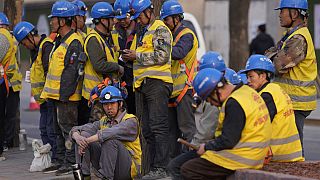

02:17
The US and the UK condemn Iran's attack on Israel
01:57
South Sudanese parties adopt code of conduct ahead of December elections
01:11
UK man runs the length of Africa in 10,000 miles and 352 days
00:59
British man running length of Africa nears finish line
01:26
After two months of blockage, food aid deliveries resume in Darfur- UN
00:47
We are working on ways to support drought-hit African countries- IMF